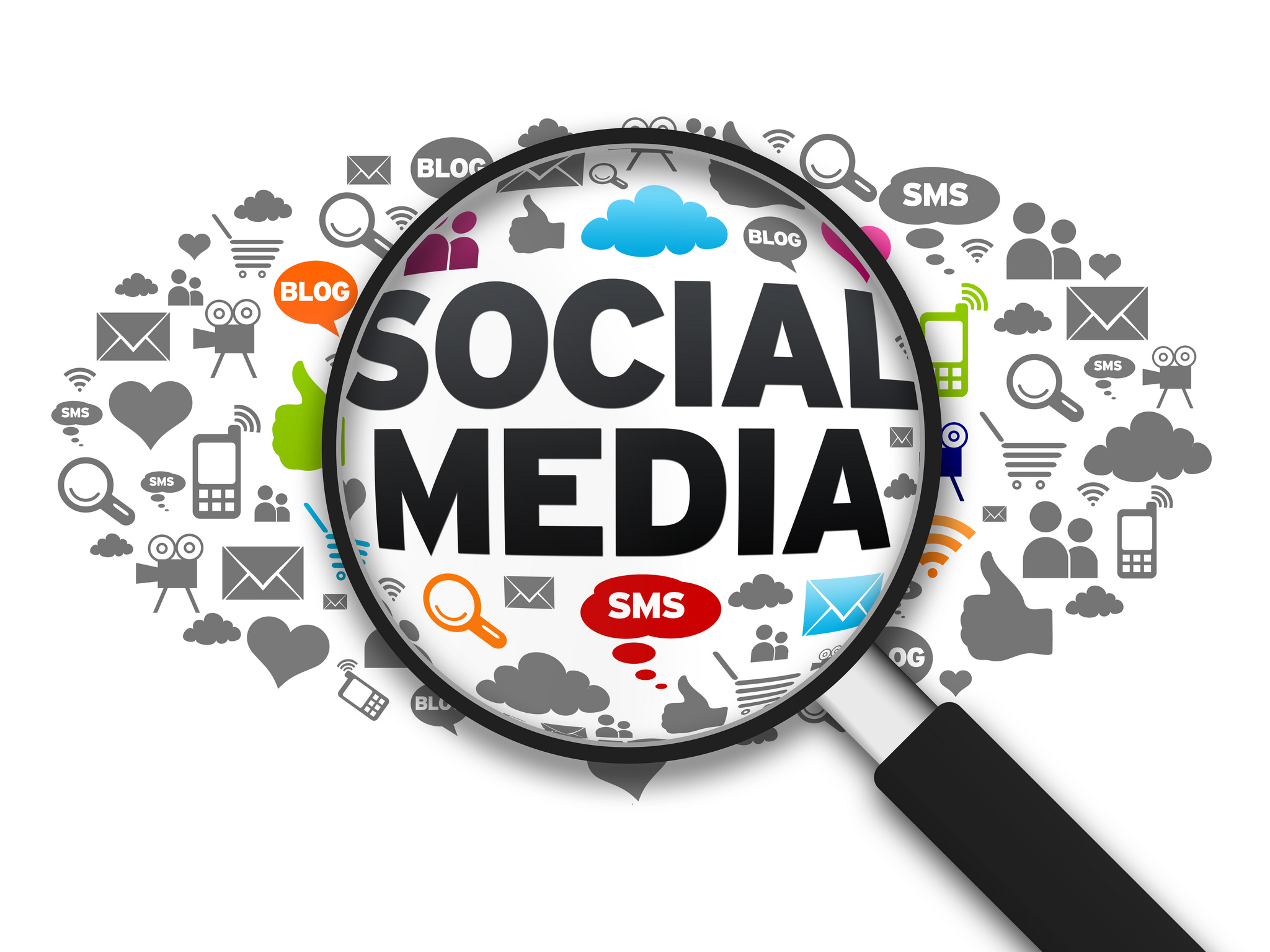Social media is a very suitable platform for communicating the ethical values of an organization and its culture (Watt, 2018). This is because the number of social media users has gradual shot over the past several years and it
Outrage appears to be straightforward when we are feeling it, yet the reasons for outrage are numerous. Realizing these causes can cause us to introspect about our conduct, and change negative behavior patterns. Outrage is once in a while viewed as a helpful character characteristic, and is normally encouraged to diminish it or dispense with it. The principle reasons we blow up is expected to activating occasions, character qualities, and our evaluation of circumstances. Understanding these reasons will control our own annoyance in the event that we are happy to assess ourselves with a basic eye.
Activating occasions for outrage are various to the point that to depict them all would take many pages. In any case, here are a few models: being cut off in rush hour gridlock, somebody utilizing a belittling tone with you, being eager, being worn out, a cutoff time is drawing closer, you fizzled at something, a machine isn’t working, you have money related issues, you saw a foul play, encountering physical agony, and considerably more (TheHopeLine). Not every person demonstrations the equivalent in light of occasions, and that is the reason what triggers one individual could conceivably trigger someone else. The motivation behind why somebody is activated by something and others are not is regularly because of one’s close to home history, molding, and mental qualities (Martin, Ryan).
Every individual, regardless of what their identity is, has mental irregular characteristics (mind.org). Individuals who have character characteristics that interface with narcissism, intensity, and low dissatisfaction resistance are significantly more prone to blow up. Having these character attributes suggest the pre-outrage state, where outrage is out of sight of your awareness (Martin, Ryan). Likewise, now and again pre-outrage doesn’t have to do with an enduring condition, but instead a transitory state before an activating occasion has happened. Let’s assume you spilled some espresso on yourself in your vehicle directly before somebody cut you off while you were heading to work. These kinds of circumstances likewise permit pre-outrage to show up.
Our mentality and point of view on circumstances can make outrage inside us too. Once in a while even daily schedule or obligatory events become wellsprings of pre-outrage, or outrage itself. For instance, an individual of Arab plunge experiences customs in the air terminal. One of the traditions officials inquires as to whether the person is conveying any weapons. The person gets irritated and thinks the traditions official is asking that person this particular inquiry because of their hereditary attributes. Nonetheless, what the individual doesn’t know is this is a standard inquiry that traditions officials are told to ask each traveler through a checkpoint. In some cases numbness and negative attitudes toward circumstances can make outrage (Martin, Ryan).
Outrage is an especially compelling feeling and possibly individuals believe that the inclination is supported. In any case, outrage can without much of a stretch turn rough and turbulent, and it is ideal to know the purposes behind resentment to show up so as to ruin its quality. The primary reasons outrage comes about are activating occasions, character attributes, and our point of view on circumstances. In light of these, we can assess our degree of outrage for the duration of the day and check whether we can forestall cases of upheavals by fathoming the explanations behind our feelings.
References
“For what reason Do We Get Angry.” TheHopeLine, 22 Jan. 2018, www.thehopeline.com/why-do-we-blow up.
Martin, Ryan. “Why We Get Mad.” Psychology Today, Sussex Publishers, 19 Oct. 2011, www.psychologytoday.com/blog/extremely popular/201110/why-we-get-distraught.
“The most effective method to manage outrage.” Causes of outrage | Mind, the emotional wellness good cause – help for psychological wellness issues, www.mind.org.uk/data support/sorts of-emotional wellness issues/outrage/reasons for outrage/#.WoGaBJ9fjCI.


